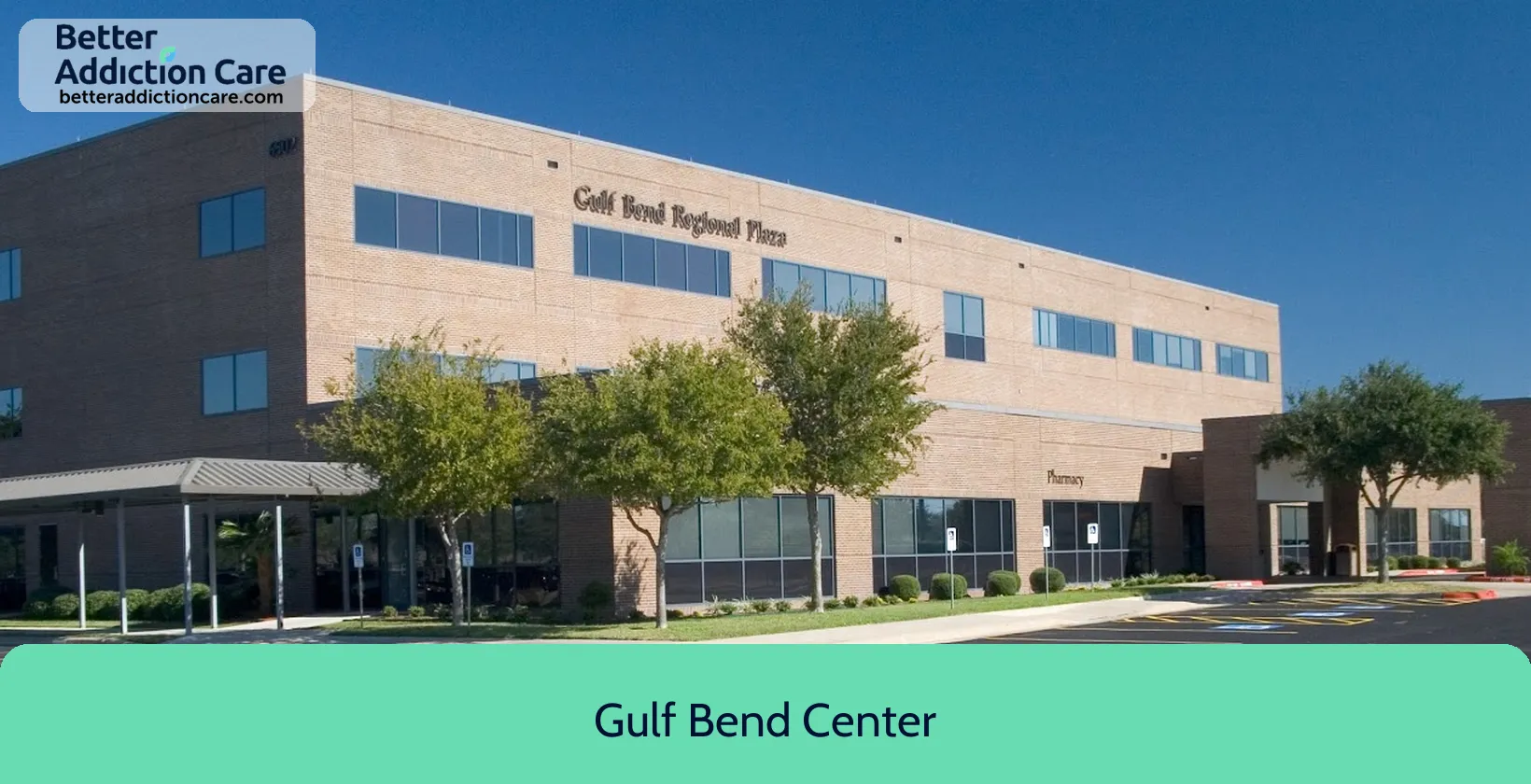Best Recovery Healthcare

Overview
Best Recovery Healthcare is an accredited substance abuse treatment center that provides outpatient detoxification, for men between 18 and 65+ years of age. As part of their special programs, Best Recovery Healthcare treats clients with co-occurring mental and substance use disorders and clients with co-occurring pain and substance use disorders. To help patients achieve sobriety, Best Recovery Healthcare provides treats opioids detoxification and medication routinely used during detoxification.. Afterward, patients receive substance use disorder counseling, group counseling, and family counseling during treatment. Best Recovery Healthcare is located in Victoria, Texas, providing treatment for people in Victoria County, accepting cash or self-payment.
Best Recovery Healthcare at a Glance
Payment Options
- Cash or self-payment
Assessments
- Screening for substance use
- Complete medical history/physical exam
- Comprehensive substance use assessment
Age Groups
- Young adults
- Adults
- Seniors
Ancillary Services
- Case management service
- Mental health services
- Opioid use disorder clients only
Highlights About Best Recovery Healthcare
6.78/10
With an overall rating of 6.78/10, this facility has the following balanced range of services. Alcohol Rehabilitation: 8.00/10, Drug Rehab and Detox: 6.62/10, Treatment Options: 6.49/10, Insurance and Payments: 6.00/10.-
Alcohol Rehabilitation 8.00
-
Drug Rehab and Detox 6.62
-
Treatment Options 6.49
-
Insurance and Payments 6.00
Accreditations
SAMHSA certification for opioid treatment program (OTP):
SAMHSA's Opioid Treatment Programs (OTP) Accreditation is a rigorous recognition process, signaling an OTP's commitment to high-quality care for those with opioid use disorders. It assures patients, families, and the community that the program adheres to evidence-based practices, maintains a safe environment, and employs qualified staff. This accreditation represents a commitment to addressing the opioid epidemic and promoting recovery, symbolizing quality and accountability in opioid addiction treatment.
Commission on Accreditation of Rehabilitation Facilities (CARF):

CARF accreditation is a prestigious recognition for organizations in rehabilitation and human services. It signifies that an organization meets rigorous quality standards and is committed to providing top-notch care. Achieving CARF accreditation involves a thorough evaluation process, including on-site surveys, to ensure excellence in programs and services. This accreditation boosts an organization's credibility, assures clients and funders of quality, and promotes ongoing improvement in the field of rehabilitation and human services.
Registration: 39791
Treatment At Best Recovery Healthcare
Treatment Conditions
- Alcoholism
- Substance use treatment
Care Levels
- Outpatient
- Outpatient detoxification
- Outpatient methadone/buprenorphine or naltrexone treatment
- Intensive outpatient treatment
- Regular outpatient treatment
Treatment Modalities
- Substance use disorder counseling
- Group counseling
- Family counseling
- Marital/couples counseling
- Individual psychotherapy
Ancillary Services
Additional Services
- Pharmacotherapies administered during treatment
- Discharge Planning
- Drug or alcohol urine screening
Special Programs
- Clients with co-occurring mental and substance use disorders
- Clients with co-occurring pain and substance use disorders
Get Help Now
Common Questions About Best Recovery Healthcare
Contact Information
Other Facilities in Victoria

6.62

6.86

6.68
DISCLAIMER: The facility name, logo and brand are the property and registered trademarks of Gulf Bend Center, and are being used for identification and informational purposes only. Use of these names, logos and brands shall not imply endorsement. BetterAddictionCare.com is not affiliated with or sponsored by Gulf Bend Center.
